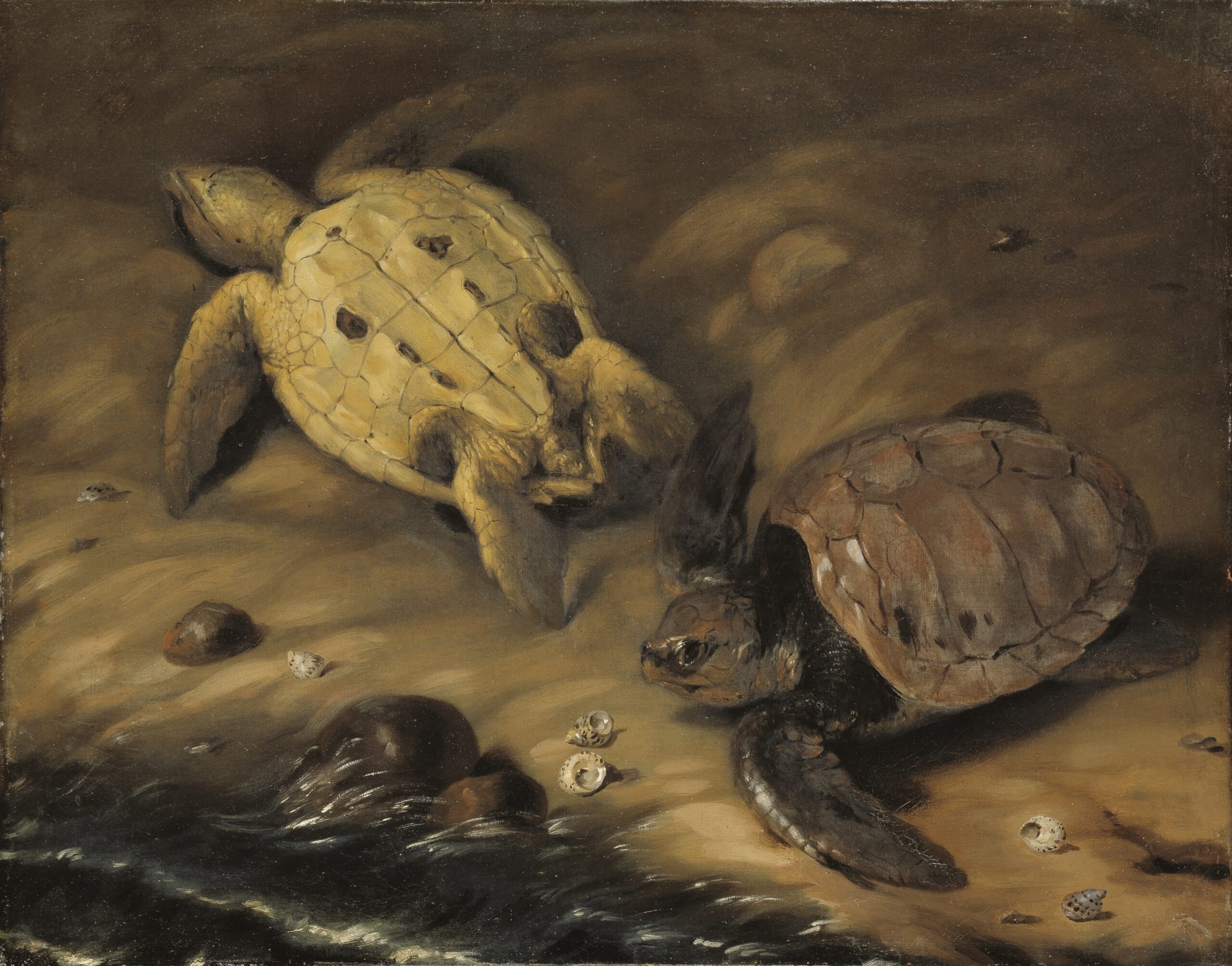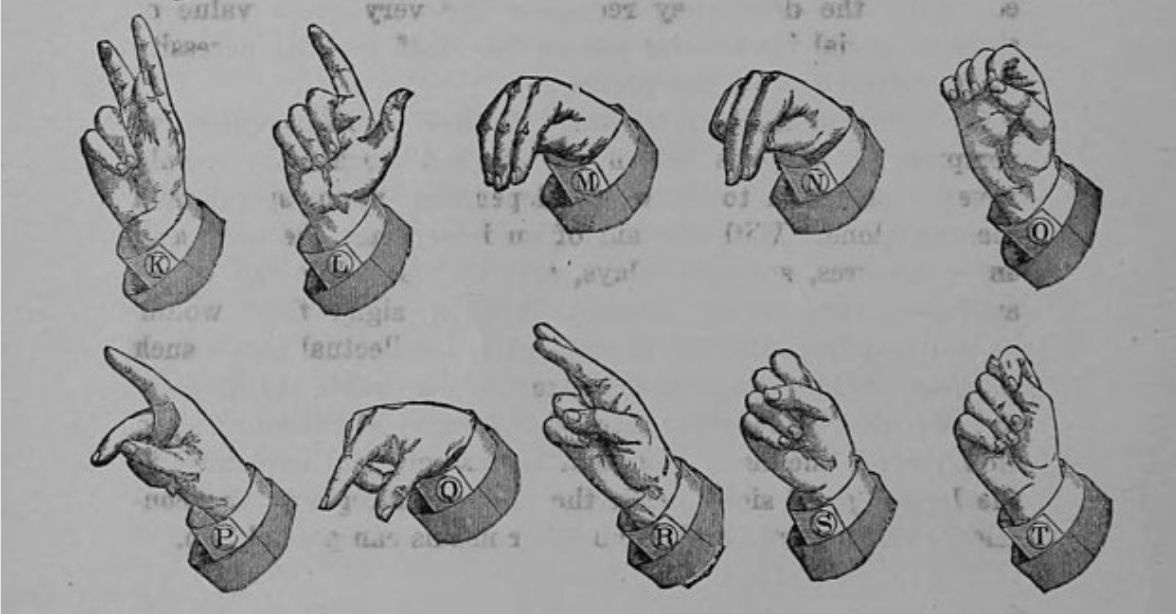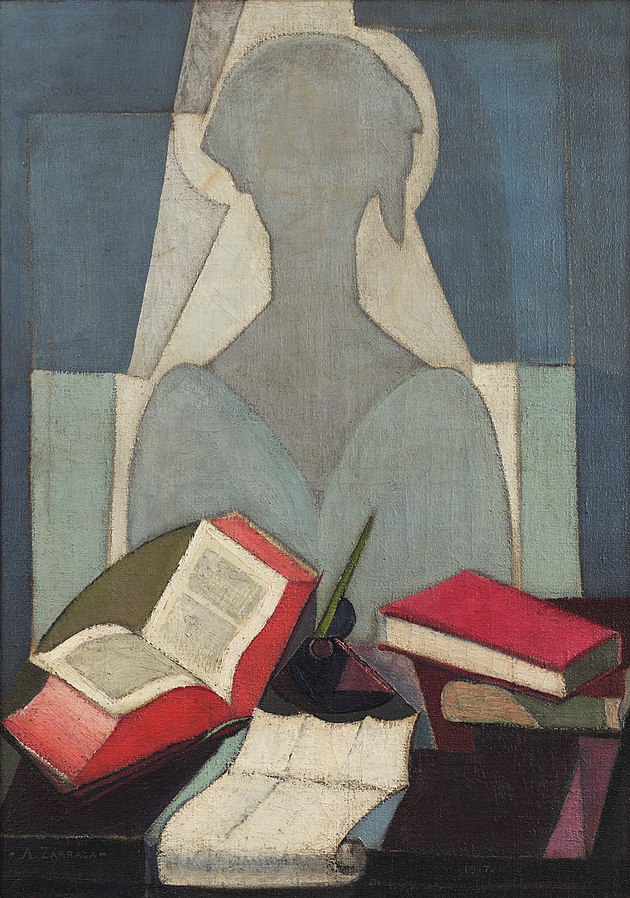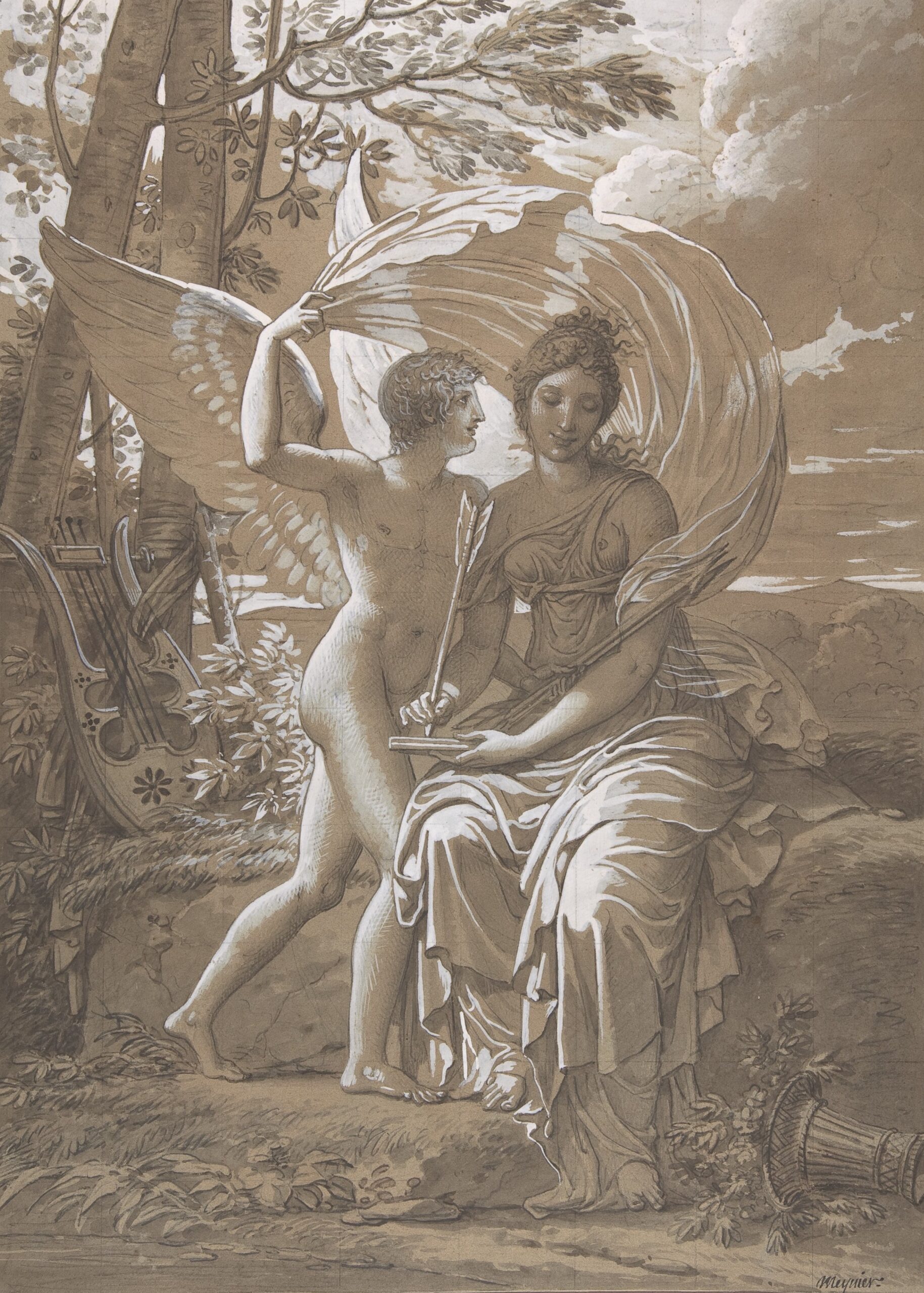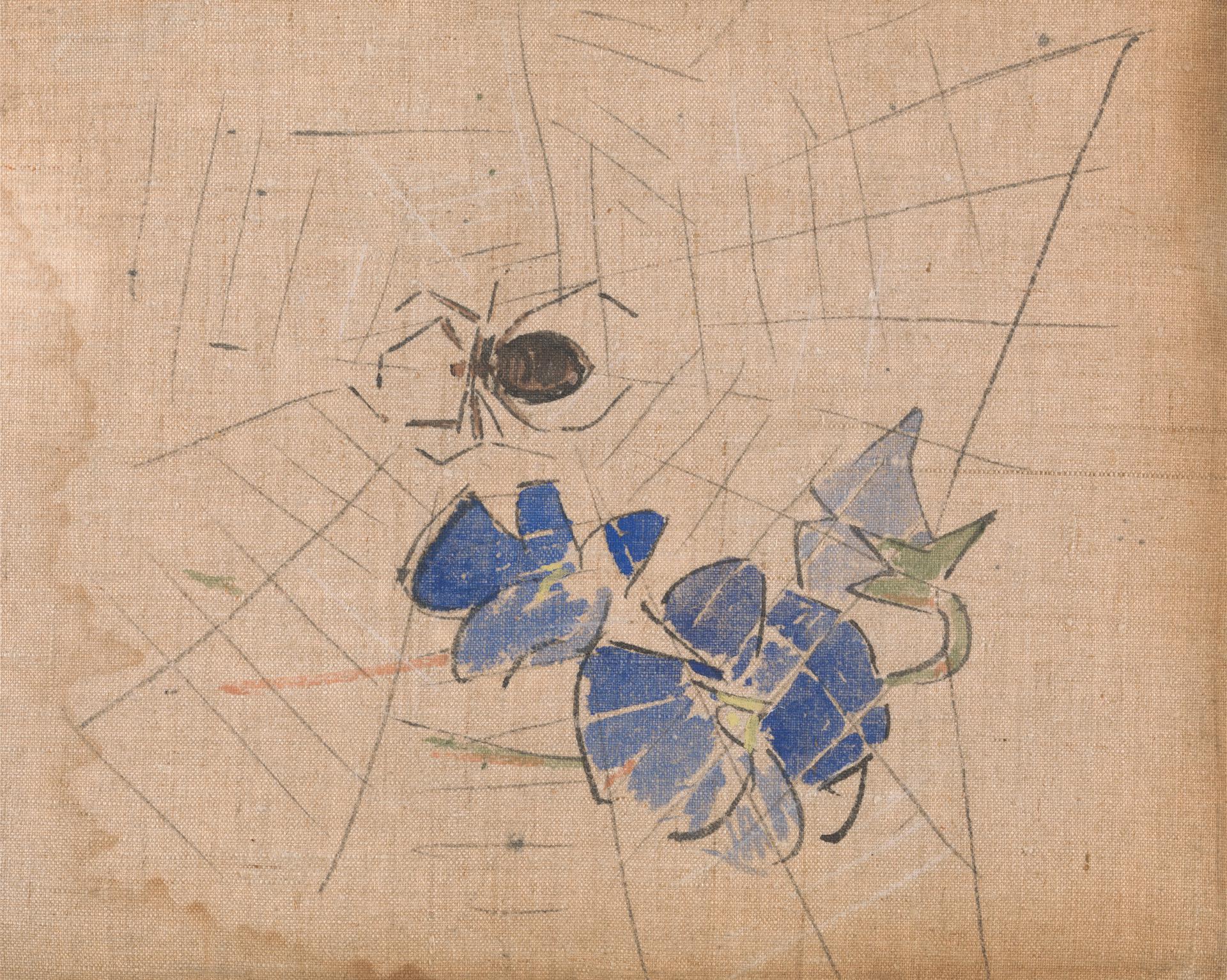
I finished The Mirror Thief by Martin Seay with as many questions as answers. The 600-page multi-storyline novel has drawn comparisons to the work of David Mitchell and Thomas Pynchon. I would compare it to watching Game of Thrones of my laptop — there are just some scenes that are too dark for me to see, no matter how expertly I angle the screen or how hard I squint.
So when I recognized Martin Seay from across the room at a party a few weeks ago, I was just tipsy enough to go over and say, “I’m Janet, did you write The Mirror Thief?” My first questions was, “When you meet people who’ve read your book, do they just pepper you with clarifying questions?” He conceded that yes, his book is very confusing, sometimes intentionally so, and offered to clear some things up. I emailed him the next day and he very generously responded with the authoritative guide to what the hell is going on in The Mirror Thief, which he also graciously permitted us to run on this site.
It should go without saying, at this point, that the following contains massive, massive spoilers.
Janet Potter: The main thing I felt I was missing was what Crivano felt so bad about on the boat. Was he to blame for his friend’s death? Did they switch identities afterwards? It turns out that Crivano is the Lark, but what does that mean?
Martin Seay: Probably best to begin at the beginning. Back in Cyprus we have a couple of best friends: Gabriel Glissenti, who’s from a noble family, and Vettor Crivano, a citizen of the Venetian Republic and the son of one of Gabriel’s dad’s trusted retainers. Gabriel is quiet, depressive, and a little sneaky; Vettor is outgoing, well-liked, and has a great singing voice, which leads to him being nicknamed the Lark. The Lark, in fact, is the only thing Gabriel ever calls him.
At this time it’s becoming increasingly clear that the Ottomans are going to retake Cyprus from Venice, and the Glissenti family holdings are sooner or later going to be lost. Gabriel’s dad decides to send him and the Lark to Padua to train as physicians in order to provide them with some kind of future.
They get as far as Venice, where they pick up letters of matriculation that will allow them to travel to Padua and enroll in classes there (such letters being one of the only forms of official written identification that existed at the time). But before they can hit the road to Padua, they get the news that their hometown in Cyprus, Nicosia, has fallen to the Turks. They decide to chuck the whole going-to-Padua plan — because teenage boys are dumb — and find a galley that will let them sign on to go fight the Ottomans.
Flash forward to the Battle of Lepanto, where the boys have the very poor fortune to find themselves aboard the only galley to be captured by the Turks in what was otherwise an overwhelming Christian victory. The Lark — the charming young man born Vettor Crivano — gets blown to pieces by a cannonball. The galley’s captain, realizing that his ship is about to be taken, gives Gabriel a “match” (today we’d probably call this a “fuse”) and tells him to light the powder magazine and blow up the ship. Gabriel — who is a little weirdo under the best of circumstances and also in shock at the death of his friend — can’t get it together; he wanders down to his and the Lark’s bunks instead as the Turks are coming aboard. There he comes partly to his senses, realizes what’s about to happen, realizes that he’s just screwed up, and in a moment of anguish, sorrow, and panic, has an idea: he’ll take the Lark’s certificate of matriculation and burn his own, thereby assuming the Lark’s identity. He does this primarily because he expects all the nobles on board the galley to be ransomed, and because of his guilt and grief he doesn’t WANT to be ransomed: he wants whatever’s going to happen to the rest of the crew to happen to him, too. (He’s also tired of the burden of being a nobleman and shouldering the family expectations that come with it, particularly now that he’s almost certainly the man of the family, his father and brothers being dead or imprisoned. Plus he’s always wanted to be the Lark, because the Lark was awesome.)
Except — curveball — Gabriel has underestimated how pissed the Turks are: instead of ransoming the nobles, they kill them all…so stealing the Lark’s identity has actually saved his life. Whoops! Gabriel — who is now Crivano — then gets enslaved by the Ottomans; since he’s young and fairly well-educated, they make him a janissary instead of chaining him to the oars, and his long and bloody adventures in the East begin. For something like 15 years he has no more European identity at all; then the haseki sultan hatches her plan to send him back to Europe as a deep-cover agent and “restores” him to his “original” identity — which of course is NOT his original identity, but by then everyone who’d know that is dead.
So that’s Crivano’s deal in a nutshell, most of which I’m guessing you got, or got the rough outlines of, anyway. (Because the protagonist in the 1592 sections — Vettor Crivano né Gabriel Glissenti — never actually uses the original Crivano’s given name, the switch is hidden from the reader. I have reasons for doing this that are not merely sneaky; they’re analogous to the fact that the narration of Curtis’s sections never explicitly describes his missing eye until it becomes an issue for him.)
JP: Mike (Schaub) thinks that Welles is Satan, but I was thinking that Welles took Crivano’s story and read too much into it, thinking that somehow with mirrors he could cross over into another plane, hence the weird mirror sex room. And Stanley was somehow more gifted than Welles, and did figure out how to use mirrors to travel through space/time, so he’ll live in the mirrors forever? Am I close?
MS: Regarding Welles and the mirrors…here we’re in territory where I left a few things open, though not in an irresponsible way, I hope. Mike’s not wrong: Welles could be some sort of demonic entity. Stanley is just about convinced of that — although he later has that infected-leg hallucination where he modifies this suspicion and starts to think that there are TWO Welleses: one who’s a sort of pretentious blowhard who doesn’t really know anything, and another one that actually controls the dark magic that Stanley wants access to. The evidence of strange goings-on in Cynthia’s room may be evidence of mirror-conjuring that Welles has extrapolated from a misreading of the Crivano material; it could also just be evidence of statutory rape being committed on a runaway by a dirty old man. Stanley believes both of these things at various times, and to my way of thinking the book is at some level ABOUT this effort to insist on magical, outlandish explanations when simple, sordid explanations are probably more plausible.
It’s very difficult to say that one or the other readings of Welles is the CORRECT interpretation — both for the usual postmodern blah blah blah reasons, and for the specific reason that the whole book, including the Curtis and Crivano sections, is in the second-person POV of the dying Stanley. (All of the ostensibly close-third sections break into second person at least once, often in the imperative mood: “Picture him there…”) We’re never NOT in Stanley’s head. At the end of the book, Stanley is pretty damn confident that he’s about to escape from time and corporeal existence into a deathless mirror-world. Is he? Has he REALLY been able to show himself to Curtis and Albedo through mirrors, or is he making all this up? (Some of the last chapter switches to the future tense, describing what’s ABOUT to happen; these predicted events include Stanley making calls to Curtis and Veronica, but the narration later tells us that he never actually has time to make those calls. Does anything else that it predicts also fail to happen?) Anyway, I tried to write it to support both readings, but to not be definitely decidable in favor of either. Is that obnoxious? Am I the worst?

